2023.08.16
In late July 2023, the Boron Neutron Capture Therapy (BNCT) Center at National Tsing Hua University (NTHU) in Taiwan received its 286th emergency medical case. A Swiss author was treated for a malignant brain tumor with neutron beam irradiation from the Tsing Hua Open-pool Reactor (THOR).
Currently, Taiwan and Japan are the only two countries employing BNCT for cancer therapy, and NTHU's BNCT Center stands out as the world's only team using this method to treat brain cancer.
NTHU possesses the only nuclear research reactor in Taiwan that has been repurposed for medical applications, leading to the development of world-class BNCT technology. Since 2017, NTHU has been conducting emergency medical treatments, serving as the last hope for many patients suffering from malignant glioblastoma.
NTHU has collaborated with Taipei Veterans General Hospital (TVGH) to treat a total of 293 patients with brain cancer, head and neck cancer, and melanoma. Among these patients, 34 individuals sought treatment from various international regions, including the United States, Australia, Spain, Italy, Switzerland, Japan, Brazil, Singapore, Hong Kong, and mainland China.
The Swiss author, known for works blending science, history, and philosophy, faced a relapse of brain cancer. At the end of July, accompanied by family, the author underwent BNCT at NTHU.
The author was diagnosed with a malignant brain tumor—Glioblastoma multiforme (GBM)—several years before 2023. Despite undergoing multiple brain surgeries, gamma knife treatments, and even heavy particle therapy, the cancer persisted, leaving European doctors at a loss. After extensive research and discussions with physicians in both Switzerland and Japan, the author made the decision to come to Taiwan for treatment in 2023.
In collaboration with NTHU, Dr. Yi-wei Chen (陳一瑋) from TVGH conducted the evaluation and developed the treatment strategy. Following this, the author underwent a 1.5-hour intravenous injection of boron-containing drugs. This allowed the diffuse cancer cells in his brain to absorb the boron as a targeting agent. Subsequently, he was moved into the treatment room adjacent to the THOR, where he received neutron beam irradiation for 24 minutes. Guided by the boron-targeting agents, the neutron beam was able to concentrate on destroying cancer cells while leaving normal brain cells unaffected.
During the irradiation session, the author's family continuously communicated with him through a microphone, soothing his anxious feelings. After the treatment concluded, the author mentioned that he didn't experience any discomfort during the irradiation process; it felt like a good half-hour nap. The author stated, "BNCT is my last hope, and NTHU has the most experienced team." Since only one treatment session was required, the author and his family returned to Switzerland afterward, hoping for the treatment to take effect.
Director Tsung-kuang Yeh (葉宗洸) from NTHU's Nuclear Science & Technology Development Center explained the principle behind BNCT. It involves first injecting boron-containing drugs as targeting agents. Once these drugs accumulate in the tumor area, neutron beams are directed towards the site. The atomic nuclei of boron are then induced to split, generating highly destructive alpha particles and lithium nuclei, which will self-explode and kill cancer cells.
Yeh added that the explosion range of the treatment is only about the size of a single cell, so it does not indiscriminately attack neighboring normal cells. Therefore, it is highly suitable for treating diffuse or difficult-to-remove tumors, such as brain cancer.
NTHU stated that the "NTHU" Neutron Radiotherapy System obtained a medical device permit license issued by the Ministry of Health and Welfare (MOHW) in June. This milestone marks the advancement of NTHU's BNCT capabilities. The next step will focus on conducting human clinical trials for liver cancer treatment, expanding on the progress made with head and neck cancer treatment. The ultimate goal is to extend the benefits of these developments to a greater population of individuals affected by cancer.
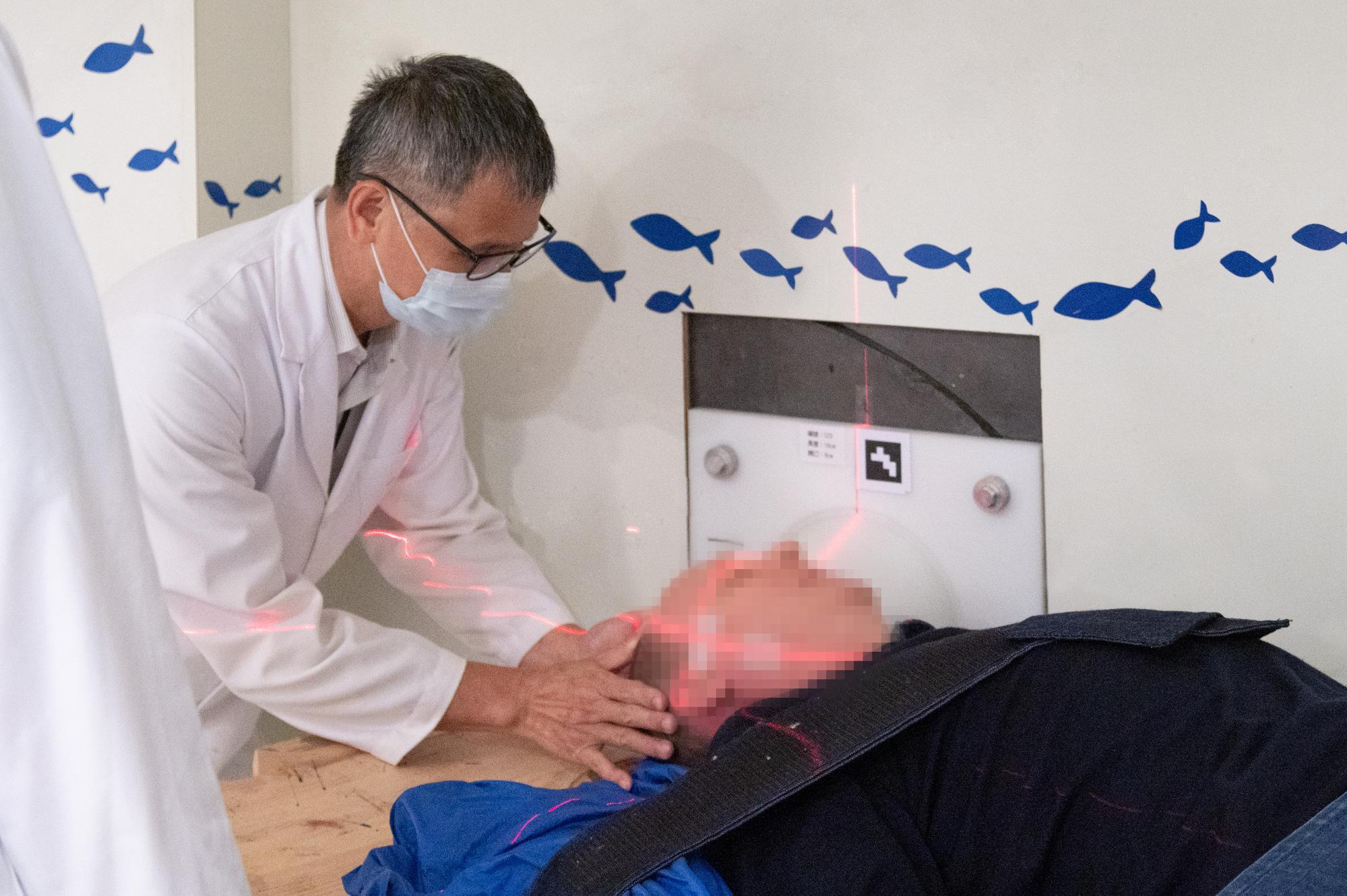
The Swiss author, who was diagnosed with brain cancer, underwent neutron beam irradiation at NTHU's BNCT Center.
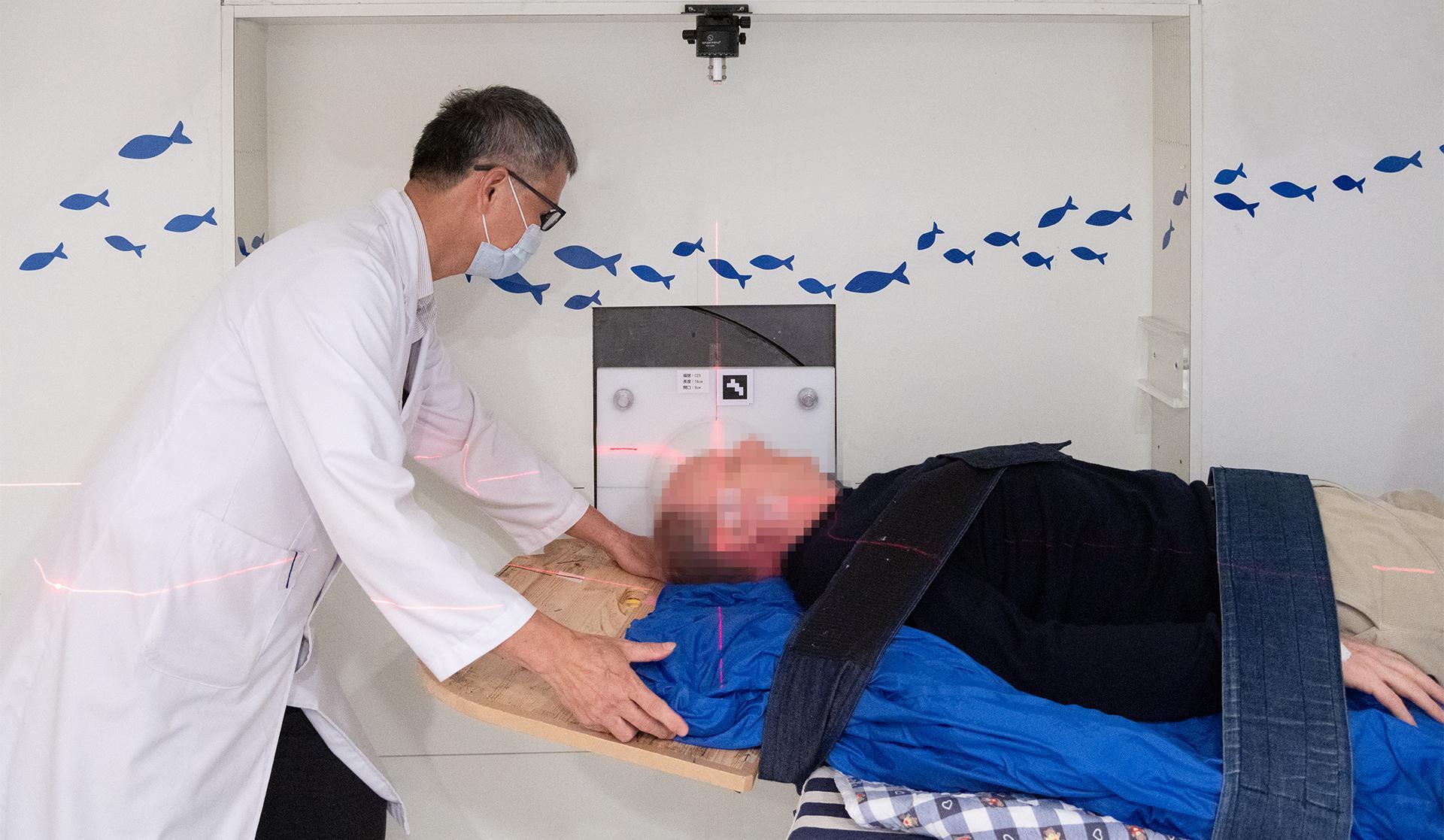
The Swiss author, who was diagnosed with brain cancer, underwent neutron beam irradiation at NTHU's BNCT Center.
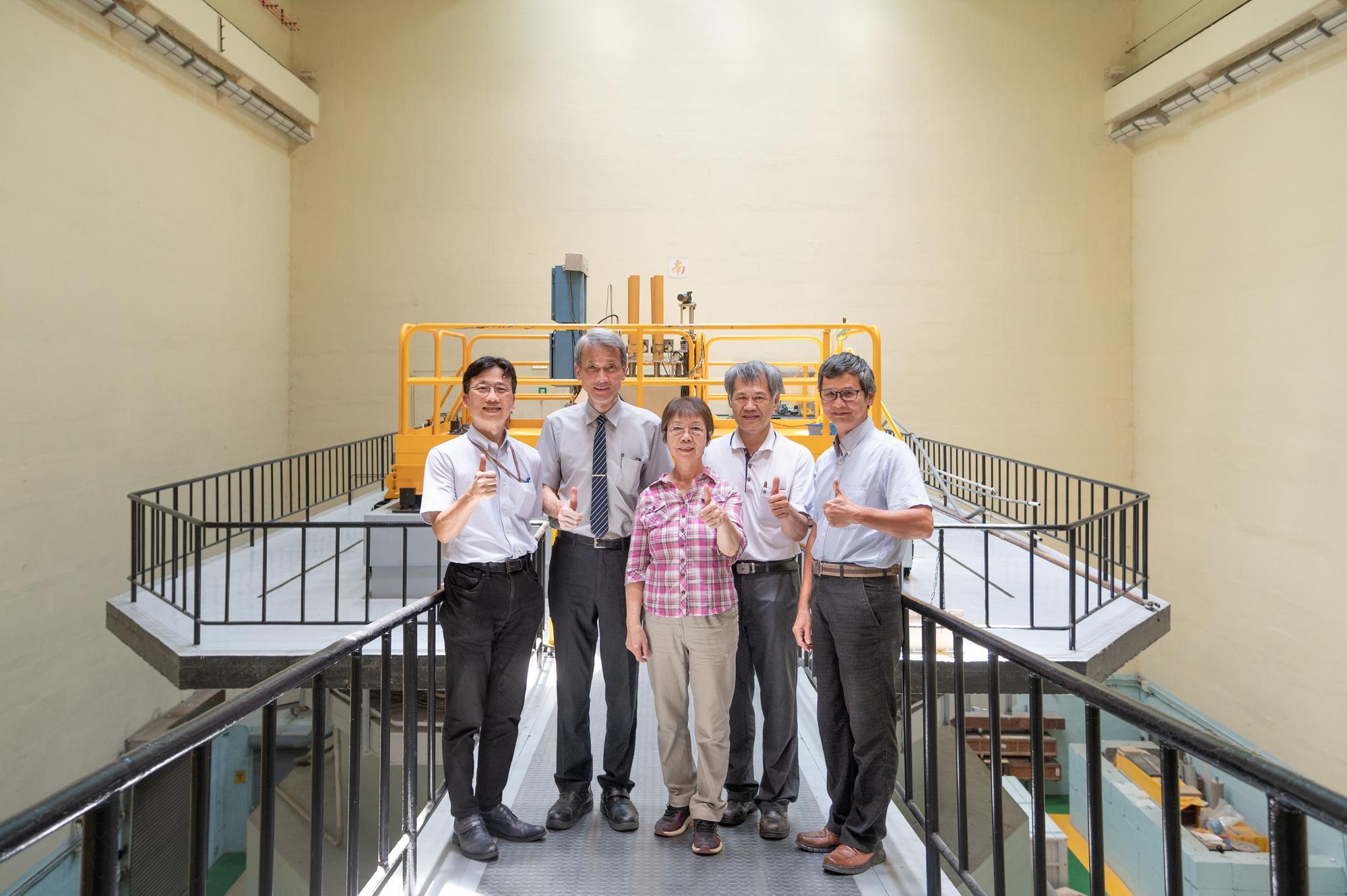
The BNCT team jointly formed by NTHU and TVGH includes (left to right) Dr. Yi-wei Chen (陳一瑋), Director Tsung-kuang Yeh (葉宗洸), Prof. Fong-in Chou (周鳳英), Nuclear Engineer Jinn-jer Peir (裴晉哲), and Nuclear Engineer Hong-ming Liu (劉鴻鳴).
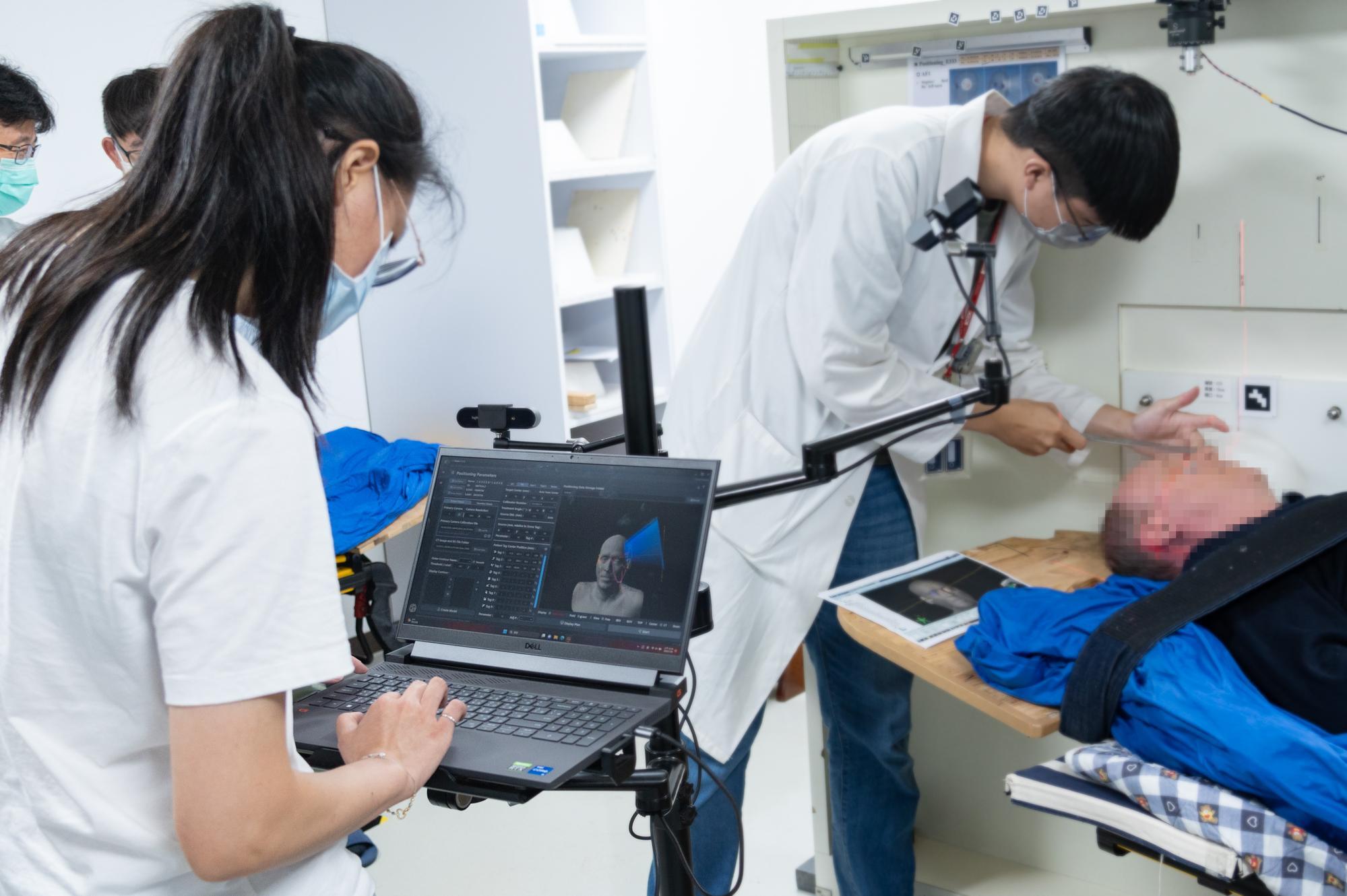
The doctor adjusting the position for the brain cancer patient to receive neutron beam irradiation.
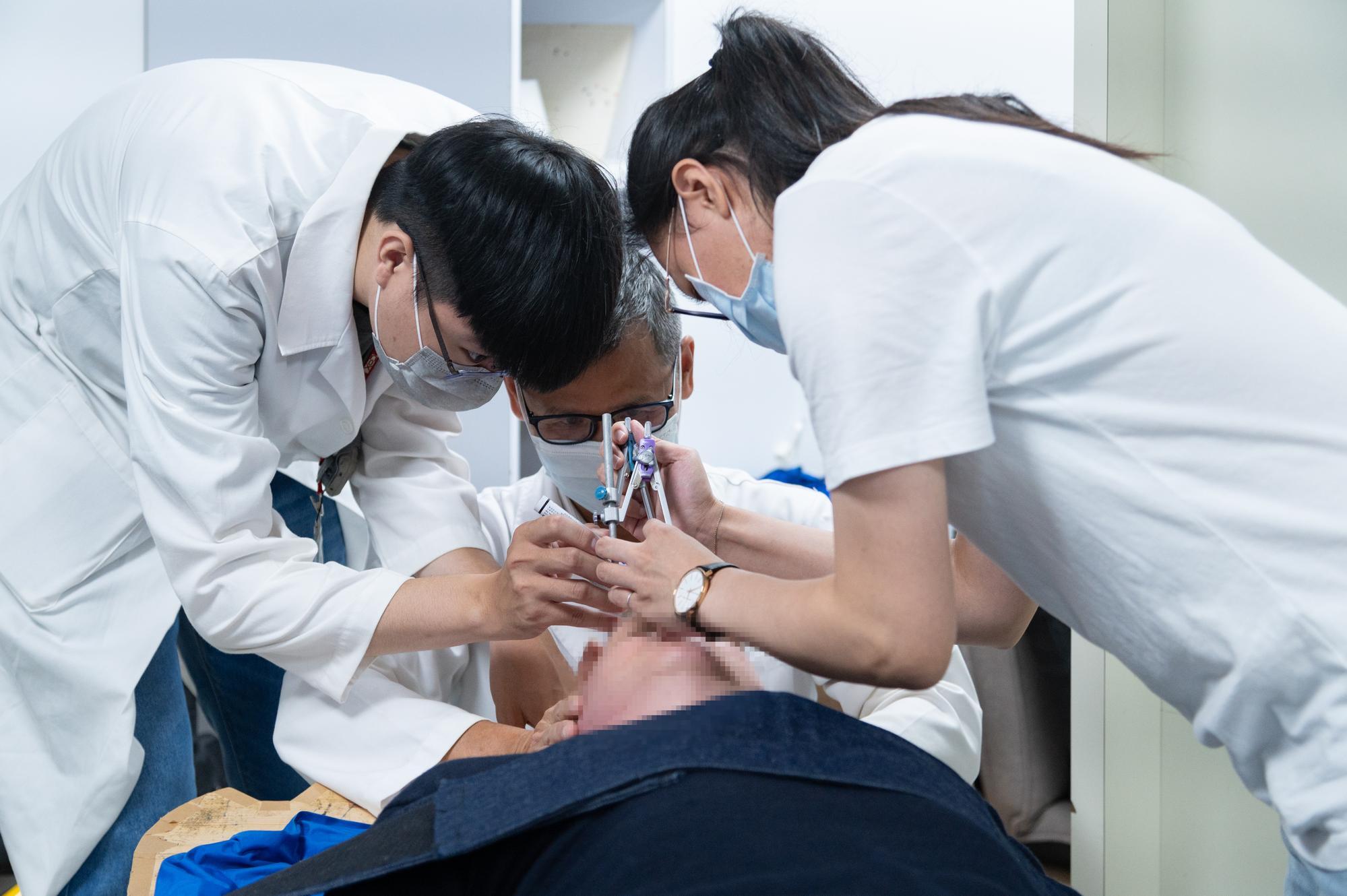
The doctor marking the area on the brain cancer patient where the neutron beam irradiation would be applied.
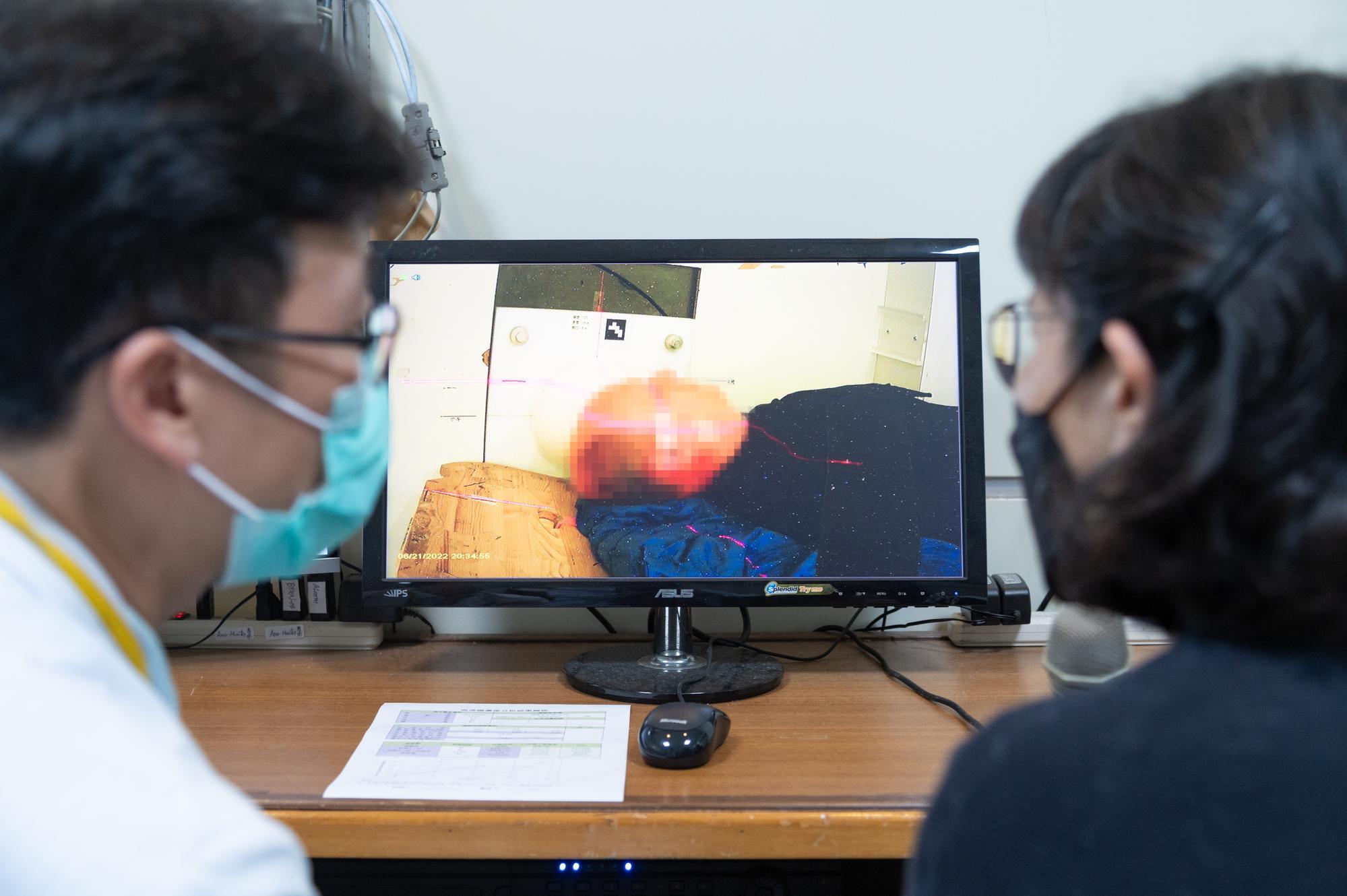
The doctor and family members monitored the condition of the patient through a screen.
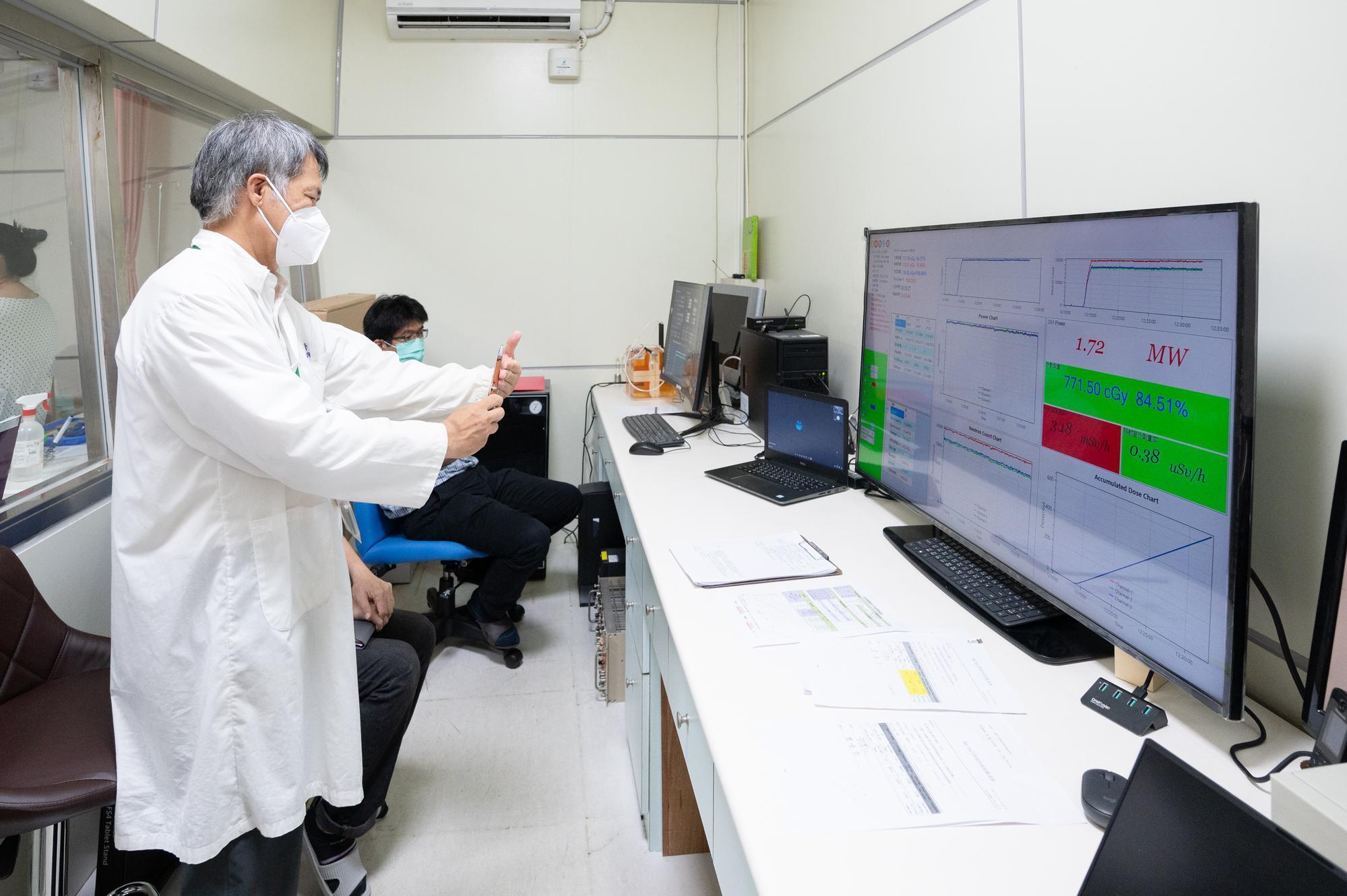
The NTHU team controlling the neutron beam irradiation dosage from the BNCT control room.
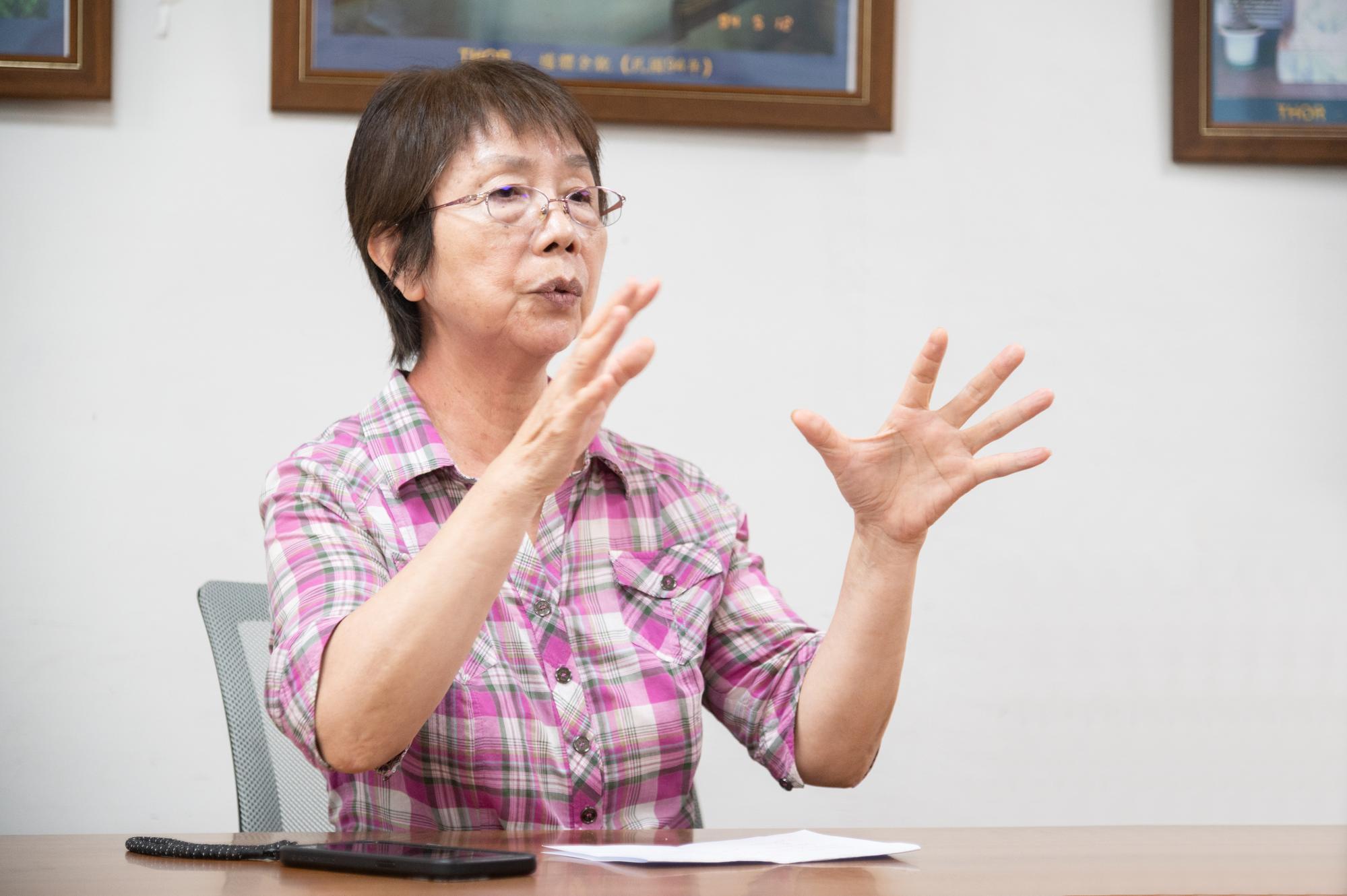
NTHU Prof. Fong-in Chou (周鳳英) aims to expedite the implementation of BNCT for treating patients with liver cancer.
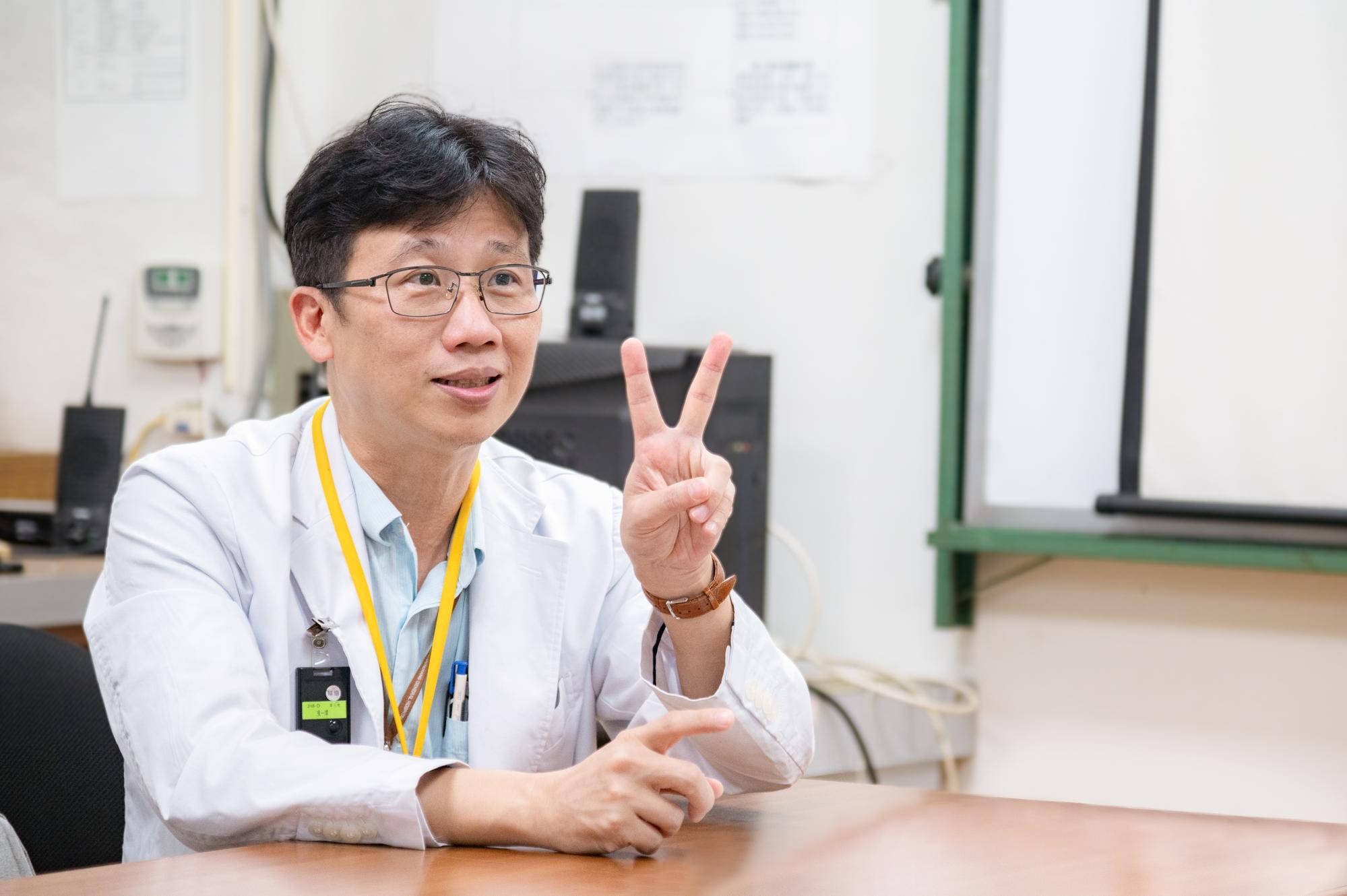
Dr. Yi-wei Chen (陳一瑋) from TVGH's Department of Heavy Particles & Radiation Oncology believes that the team's experience has greatly matured after treating nearly 300 patients.
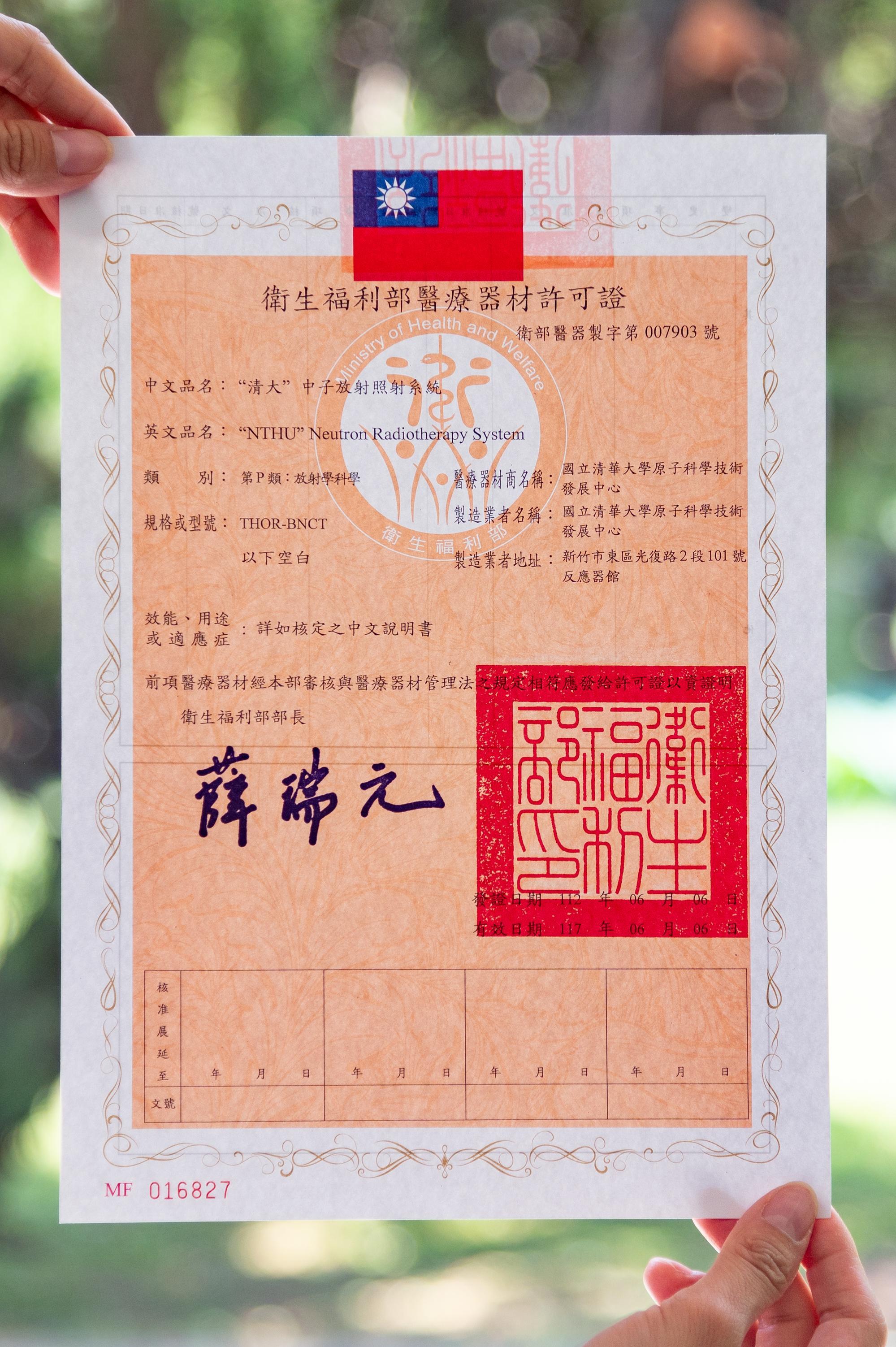
The "NTHU" Neutron Radiotherapy System has obtained the medical device permit license issued by the MOHW.










